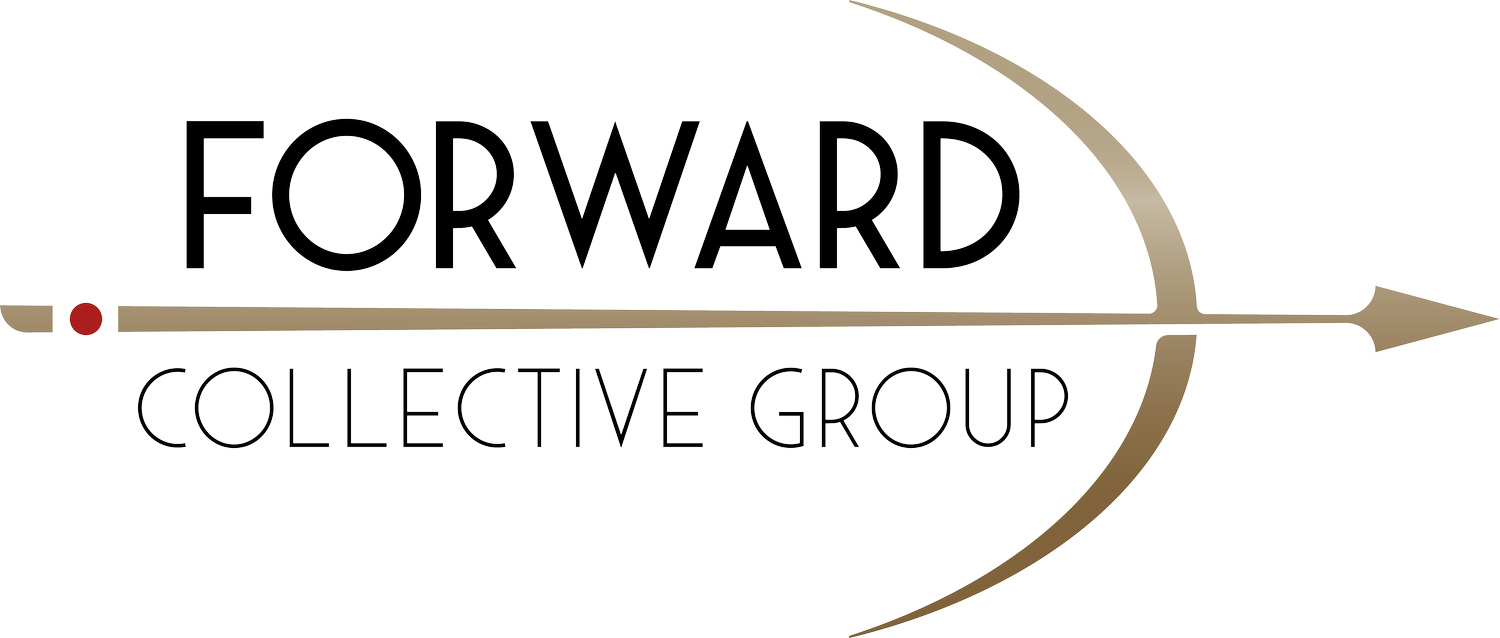DEI Defibrillator: Widen The Lens
DEI often gets confined to a few key areas like race, gender, and sexual orientation. While these are undeniably important, I believe that we need to broaden our perspective to truly understand the complexities of DEI and create inclusive environments for all.
When we limit DEI to just a handful of characteristics, we create blind spots and miss critical parts of the human experience. This narrow focus not only does a disservice to individuals and communities, but also to our organizations. We miss out on crucial insights and perspectives that drive innovation and creativity.
A New DEI Lens
I created a framework that emphasizes how our identities are made up of more than 50 dimensions. Yes, you read that right, 50+ dimensions! Our identity goes far deeper than surface categorizations, encompassing things like:
Birth order,
Attachment style,
Trauma history,
Political leanings, and
Political party affiliation.
This understanding is critical when we think about building a culture of inclusion within our companies. Many of us have been taught to believe that excellence is based on limited parameters, which may be rooted in our own social backgrounds and experiences. The people we compete with often come from similar backgrounds, so we aren't really seeing the full spectrum of talent and potential. When we start considering candidates from different communities who may have had different lived experiences, it can feel threatening because it challenges our previously held notions of excellence.
For example, we may tend to undervalue an employee who took longer to reach a certain professional level because they had to overcome challenges such as early loss of parents and foster care experiences. Similarly, if someone grew up in a rural area with limited access to resources, their journey and path to excellence may have been different. Instead of using these differences as a sign that they may not be as capable as another candidate, we need to recognize the diverse and varied paths people have taken and recognize that those experiences can contribute significantly to their work.
Shift The Focus
So how can we change this? We need to shift our focus from the surface level traits to looking at the lived experience of individuals. We must strive to see people and the world from different angles, understand their journeys, and consider the unseen biases that are at play.
Remember, DEI is not just a check-the-box exercise; it’s about deeply understanding the richness and complexity of human identity. By broadening our lens, we can build truly inclusive cultures where everyone feels seen, heard, and valued. I encourage you to join me in expanding the DEI conversation and building environments that reflect our shared humanity.
Learn more about how to build truly inclusive cultures on this episode of the Fast Forward Podcast here: https://youtu.be/RcvRlTx8T38?si=k0bj418Zcw7YOw8k

